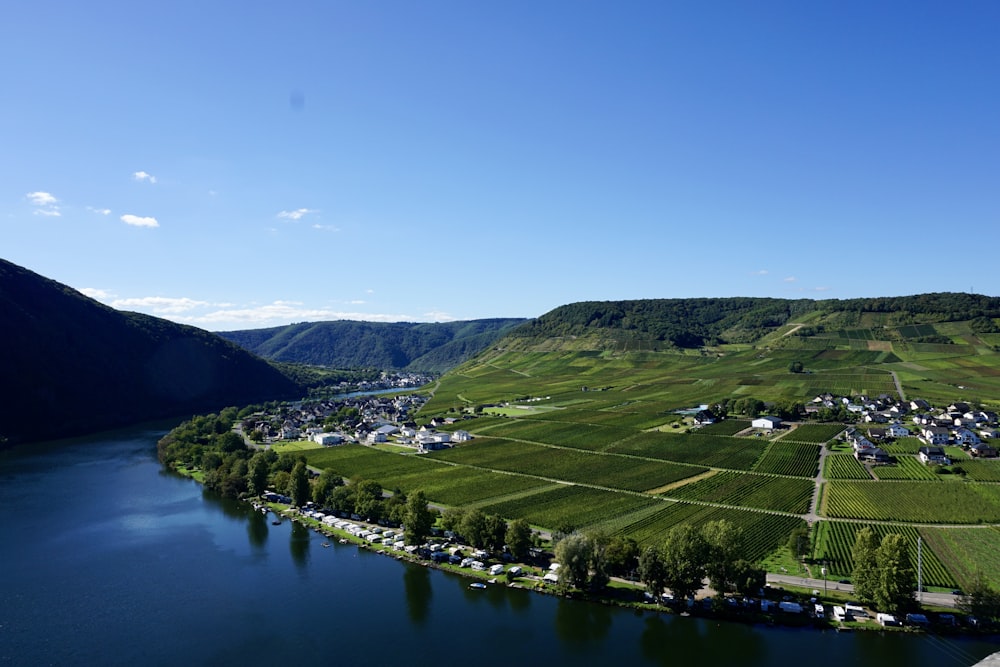Introduction:
Architectural photography is a captivating genre that demands attention to detail and a keen eye for composition. Whether you’re capturing iconic landmarks or hidden gems, mastering the essential techniques can elevate your images from ordinary to extraordinary. In this article, we’ll explore a range of tips to help you achieve stunning architectural shots that leave a lasting impression.
Understanding Composition:
Composition is the backbone of any successful architectural photograph. Pay attention to the lines, shapes, and patterns within the architecture, and use them to create visually compelling images. Experiment with different angles and perspectives to find the most interesting compositions, and consider incorporating elements of symmetry and balance for added impact.
Harnessing Natural Light:
Lighting plays a crucial role in architectural photography, and natural light can often be your best friend. Pay attention to the direction and quality of light throughout the day, and plan your shoots accordingly. The soft, warm light of sunrise and sunset can add a beautiful glow to your images, while the harsh midday sun can create dramatic shadows and highlights.
Using the Golden Hour:
The golden hour, the period shortly after sunrise or before sunset, is renowned for its soft, warm light that bathes everything in a golden hue. This magical time of day is perfect for capturing architectural beauty in all its glory. Take advantage of the golden hour to capture stunning shots with rich colors and striking contrast.
Experimenting with Perspectives:
Perspective can dramatically alter the look and feel of architectural photographs. Experiment with different viewpoints, from ground level to bird’s eye view, to capture unique and dynamic shots. Don’t be afraid to get up close and personal with your subject, or to explore unconventional angles that offer a fresh perspective.
Paying Attention to Detail:
Architectural photography is all about capturing the details that make a building unique. Take the time to explore every nook and cranny, from intricate carvings to modern glass facades. Pay attention to textures, materials, and architectural elements, and use them to add interest and depth to your photographs.
Using Leading Lines:
Leading lines are a powerful compositional tool that can draw the viewer’s eye into the image and create a sense of depth and movement. Look for natural or man-made lines within the architecture, such as roads, fences, or building edges, and use them to guide the viewer’s gaze through the scene.
Utilizing Negative Space:
Negative space refers to the empty areas around the main subject in a photograph. While it may seem counterintuitive, incorporating negative space can actually enhance the impact of your architectural shots by drawing attention to the subject and creating a sense of balance and harmony within the frame.
Mastering Exposure:
Proper exposure is essential for capturing well-balanced architectural photographs. Pay attention to your camera’s exposure settings, and use techniques such as bracketing or exposure compensation to ensure accurate exposure in challenging lighting conditions. Experiment with long exposures to capture movement in the scene, or use HDR (High Dynamic Range) photography to capture a wider range of tones.
Post-Processing Techniques:
Post-processing is the final step in the journey of creating stunning architectural photographs. Use editing software such as Adobe Lightroom or Photoshop to fine-tune your images, adjusting contrast, brightness, and color balance to achieve the desired look and feel. However, exercise restraint and avoid over-processing, striving for a natural and authentic representation of the architecture.
Conclusion:
Mastering architectural photography takes time, patience, and practice, but with the right techniques and a creative eye, you can capture stunning shots that showcase the beauty and grandeur of the built environment. Experiment with different compositions, lighting conditions, and post-processing techniques to develop your own unique style and create images that truly stand out. Read more about architectural photography tips






